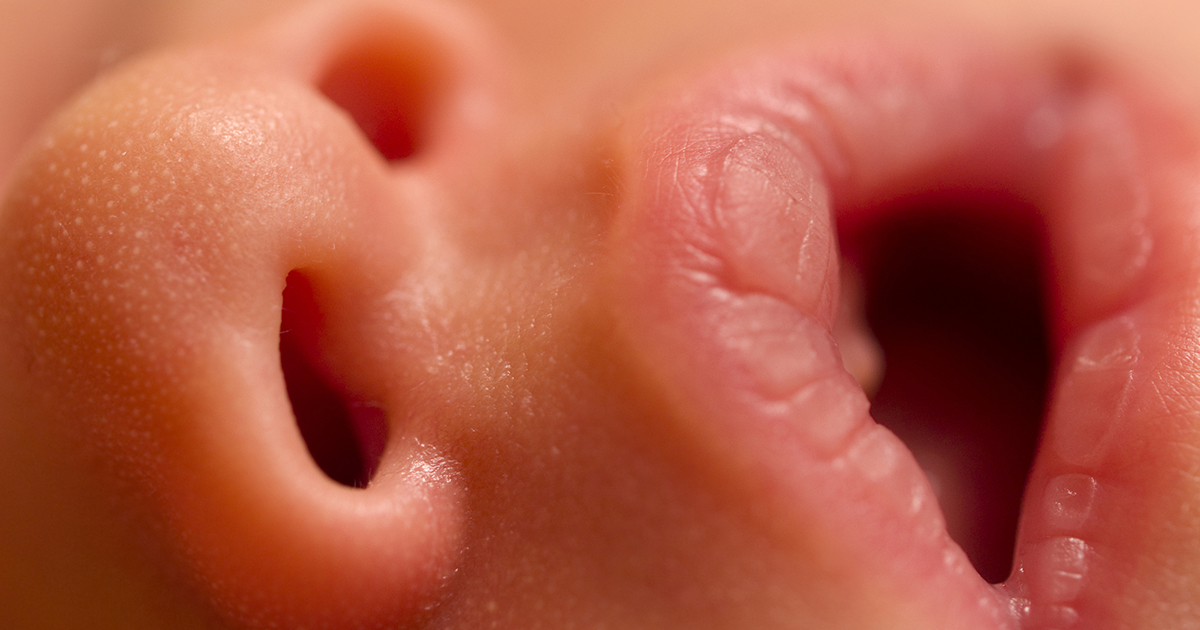The Amazing Health Benefits Of Breastfeeding
The past ten years have seen significant advocacy surrounding the benefits of breastfeeding. Major health journals, established physicians and child development specialists alike have acknowledged the health benefits of breastfeeding, including less upset stomach and gastrointestinal issues, stronger mother-child bond and an increased immunity for mothers and babies. Regardless of the strong push towards breastfeeding in the general sector, the decision to breastfeed is a personal consideration that a mother must make on her own. Given the proper information, a mother can make a well-informed decision aboutwhat is best for her baby.
Ideal Nutrition

Breast milk consists of naturally occurring vitamins and nutrients, making it the ideal nutrition for babies. According to the American Academy of Pediatrics, not only is breastmilk considered the idealnutrition for infants, but it is recommended that babies should be exclusively fed breast milk for the first six months of their lives. Excluding vitamin D, breast milk contains all the essential vitamins and minerals that a baby needs in its first year of life. Breastfed infants also tend to have less digestive issues such as diarrhea, gas, and constipation as breast milk is made up solely of lactose, protein (whey and casein) and fat. These elements are easily digested by an infant's stomach.
Next, discover how breast milk can prevent numerous diseases and viruses.
Disease Prevention

Breastfed babies tend to have higher immunity to common illnesses, as breast milk contains antibodies, enzymes and white blood cells from the mother, which helps to prevent the child from getting sick. Breastfeeding can also aid in allergy prevention, as some studies have shown that if an infant is exclusively breastfed for at least four months, their risk for contracting certain allergies and skin disorders are significantly reduced, even if they are born into families with these health problems. Studies have also shown that children who are exclusively breastfed for at least six months have a reduced risk for contracting childhood acute leukemia and lymphoma. Some studies have shown that the risk was reduced to thirty-six percent, while another study showed a reduced risk of up to fifty percent. Other positive statistics in regards to disease prevention show that breastfed infants are less likely to be obese upon entering adolescence and adulthood, and they have a decreased risk of developing both Type 1 and Type 2 diabetes.
Keep reading to reveal one of the most important health benefits of breastfeeding.
Bonding With Child

Mothers who breastfeed their children have a higher likelihood of developing a strong bond with their infants. Researchers believe that breastfeeding releases oxytocin into the mother's brain, which aids in creating the strong bond between mother and child. Oxytocin is a hormone that is released by the pituitary gland which increases the contraction of the uterus during labor and prompts the ejection of milk from the breasts, and these levels are higher in mothers who breastfeed. This hormone is also responsible for promoting an emotional bond between the mother and her child as well as increases the mother's sense of empathy towards their child. The skin to skin contact also promotes a sense of calm and connection for the infant. Overall, breastfeeding encourages a mother's bonding with her child in a natural manner.
Continue reading to learn how immunizations and breast milk are related.
Response To Immunizations

Unfortunately, breastfeeding mothers cannot make their children immune to certain diseases through their breast milk, meaning that even breastfed babies will need to engage in external immunization processes. The risk of an adverse response to immunizations is higher in infants than it is in older children and adults. Breastfeeding reduces the risk of fever and overall discomfort that can arise after a child has had their routine immunizations. The National Center for Biotechnology Information found that breastfeeding also helps to improve infant response to vaccines as well. Studies show that breastfed babies develop higher levels of antibodies when they are vaccinated in contrast to exclusively formula fed babies.
Next, uncover how breast milk can make an infant's bones and teeth strong and healthy.
Bone And Oral Health

New research studies have found that the benefits of breastfeeding are not just limited to immunity and mental well being, but also extend to a child's bone and oral health. Breastfeeding requires the infant to use muscle movements within their face and jaw that are different from those used in drinking from a bottle. Breastfeeding is hard work and infants who are breastfed tend to have stronger facial and jaw muscles and better jaw development. Babies who are breastfed also tend to have a greater bone mass that extends far beyond infanthood into adulthood. Mothers should note that breastfeeding can have an adverse effect on their own bone density. It is common for mothers to lose three to five percent of their bone mass while they are breastfeeding. However, bone density quickly rebounds after the child is weaned.
As stated before, breastfeeding is a personal choice. Provided the facts, pros and cons, and details of her own unique situation, every mother can make an informed decision about the nutritional needs of her child.
